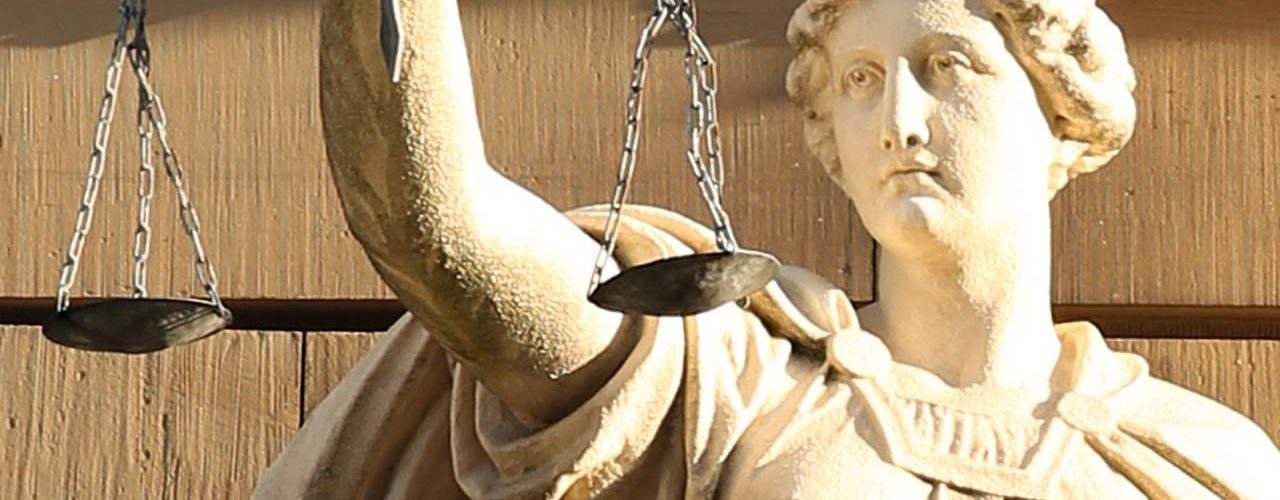Context: The main proceedings concern a dispute between KL, in his capacity as the former director of a company, and the Staatssecretaris van Financiën (State Secretary for Finance; ‘the Staatssecretaris’). The Staatssecretaris holds KL liable for the unpaid additional assessments in payroll tax and turnover tax imposed on that company for the periods during which KL was the director of the company.
Summary
- The case involves a director held liable for unpaid tax debts of a company.
- The director is subject to joint and several liability under Article 36 of the IW 1990.
- The court found that the director was not liable for debts incurred after their resignation.
- However, a presumption of mismanagement exists for the period during which the director was in office.
- The court examines whether the presumption and liability rules comply with EU law, including the principle of proportionality and good faith.
Background
- KL was the director and sole shareholder of a company until 29 March 2019. Additional assessments in payroll tax and turnover tax were imposed on this company for specific periods. These additional assessments went unpaid. By decision of 5 July 2019, the tax authorities held that KL was liable under Article 36 of the IW 1990 for the unpaid additional assessments, plus tax interest and costs charged. The total amount involved was EUR 142 852.
- Under Article 36(1) of the IW 1990, each director of a legal entity is in principle jointly and severally liable for certain taxes owed by that legal entity. If the legal entity is unable to pay the taxes that it owes, it must notify the tax authorities of this inability to pay under Article 36(2) of the IW 1990. This notification must take place within two weeks after the date by which the tax ought to have been paid. If the notification has been properly made, the director will be liable only if the tax authorities prove that the non-payment of tax was due to manifestly improper management attributable to that director during the three-year period preceding the time of the notification. Improper management can be said to exist only if no right-thinking director would have acted as the liable director did.Under Article 36(4), first sentence, of the IW 1990, if the notification has not been made or has not been made properly (for instance, if it was not made in a timeous manner), there will be a presumption that the non-payment of the tax is attributable to improper management on the part of the director. The director will be allowed to rebut this presumption only if he or she proves that it was not his or her fault that the legal entity did not comply, or did not comply properly, with its notification obligation. By contrast, the former director, that is to say, the person who was no longer a director at the latest time by which the legal entity ought to have fulfilled its notification obligation, is always permitted to rebut this presumption.
- The court at second instance, the Gerechtshof Den Haag (Court of Appeal, The Hague, Netherlands), first of all found that, in this case, the company in question had not complied with the aforementioned notification obligation. As KL had already resigned as director before the deadline for paying some of the tax debts expired, he was allowed to prove that the non-payment of those debts was not attributable to him. According to the Gerechtshof, he did so to the requisite legal standard, with the result that the tax authorities had wrongfully held him liable for that portion of the debts. However, for the period during which KL was incumbent director, there was a presumption that the non-payment of the tax debts was due to his apparent mismanagement. Under the Netherlands legal system, as described in paragraph 2 above, he cannot rebut this presumption if he does not first prove that he is not to blame in connection with the failure to notify the inability to pay. As KL was unable to do so, the Gerechtshof held that the tax authorities had acted correctly in holding him liable in the amount of EUR 92 394.
Questions
1. Does the principle of proportionality provided for under EU law preclude a legal rule such as that set out in Article 36(4) of the IW 1990, which, in practice, makes it extremely difficult for a director of a legal person that has failed to comply, or has failed to comply properly, with its obligation to notify the tax collection authorities of its inability to pay, to escape liability for tax debts of that legal person, including turnover tax debts?
2. Does the answer to Question 1 depend on whether the director acted in good faith in that he or she acted with the care of a prudent business person, did everything reasonably within his or her power, and his or her involvement in abuse or fraud may be ruled out?
Source
- Join the Linkedin Group on ECJ VAT Cases, click HERE
- VATupdate.com – Your FREE source of information on ECJ VAT Cases















